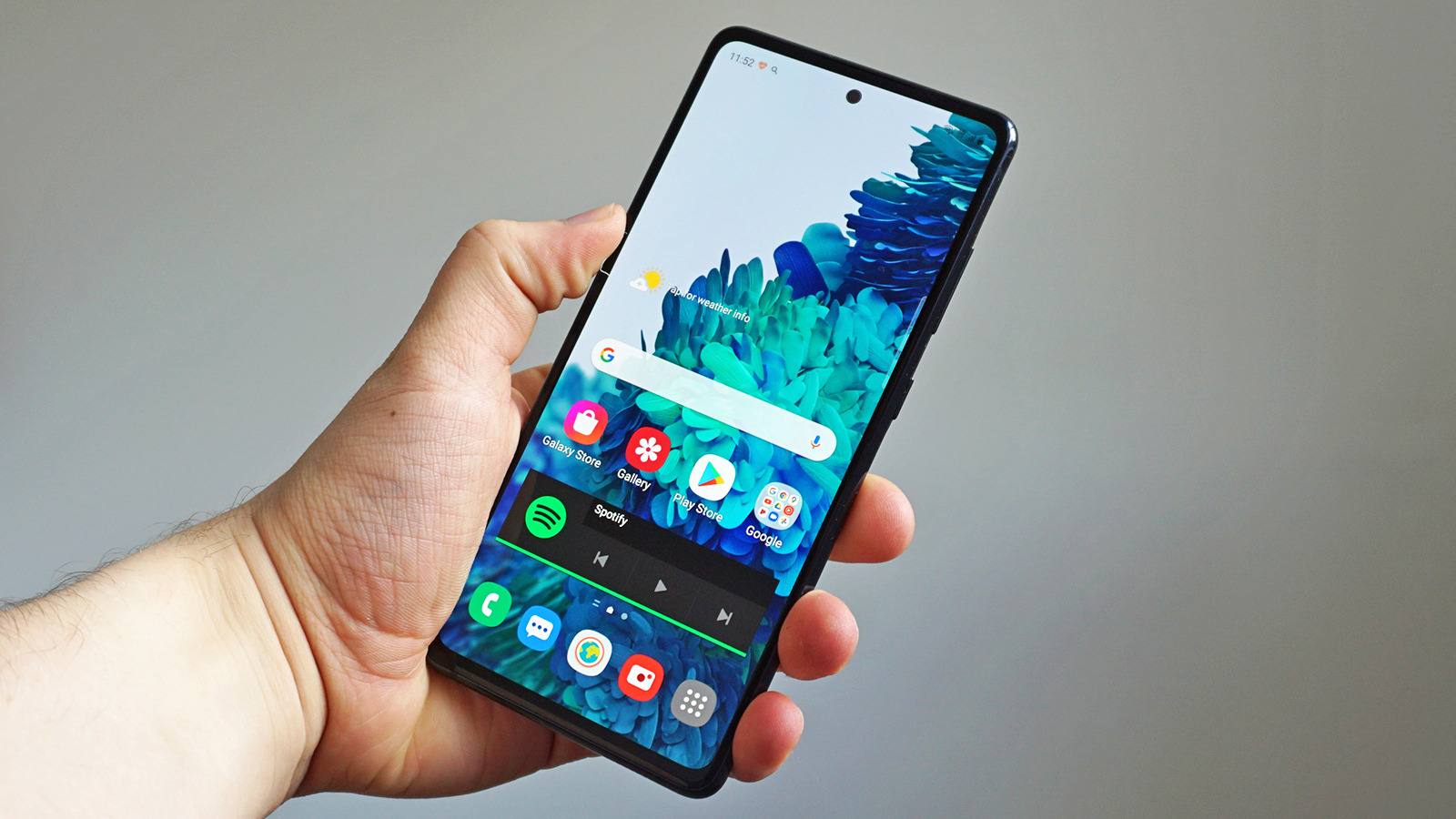Why the Samsung Galaxy S21 may last you four years
This year’s flagships packing the Snapdragon 888 could get four years of Android

In 2020, phonemakers began extending support for up to three years of Android updates. But Google just announced that phones running Qualcomm’s future chipsets, starting with the Snapdragon 888, will be able to get four years of Android, per Android Police. Given the upcoming Samsung Galaxy S21 is rumored to pack this chipset, it could be the first phone to get four years of Android.
Why? Because Samsung had a banner year as the first to announce that its phones would be getting three years of Android OS and security updates, starting with the Samsung Note 20 as well as the Galaxy S20 line and extending to the mid-range Samsung Galaxy A51.
Other phonemakers have followed suit like Microsoft for the Surface Duo (or are rumored to be, like Sony), but Samsung has been at the forefront of these commitments, and it makes sense that the Samsung S21 phones would be the first to get four years of updates.
Granted, Samsung may not announce this out of the gate, as it waited until just before the Note 20 launched in August to commit to three years of updates – but now that the cat’s out of the bag for the potential to support four years, it would be odd if another company beat Samsung to the punch. After all, Samsung is typically the first major phonemaker to debut the year’s must-have features in its S-series flagships: in 2019, the S10 line added punch-hole selfie cameras, while in 2020, the S20 series was the first to sport 5G.
- Samsung S21 with four years of Android? That'd keep it on our best phone list
- Other likely four-year Android phones: the Google Pixel 6
- Also a possible four years of Android: the best cheap phones
Four years of Android and security updates – for all phones
One of the more surprising aspects of the news is that all future Qualcomm chipsets will enable four years of Android updates, meaning we could see mid-range and budget phones get this extension, too.
That all depends on phonemakers implementing it, of course, and while Samsung has been quick to announce its higher-end handsets will get more Android updates than the two-year norm, it hasn’t included its cheaper A-series phones. The simple explanation is that it may not be worth the effort, either because consumers don’t own budget phones for that long or other features (more cameras, better screens) are more desired.
Which is a shame, given how good mid-range and budget phones have gotten in the last couple years. Heck, OnePlus quietly explained that its new Nord N10 5G phone would only get one update – to this year’s Android 11 – which isn’t just below the norm...it makes it tougher to recommend given all the features it will miss out on down the line.
Get daily insight, inspiration and deals in your inbox
Sign up for breaking news, reviews, opinion, top tech deals, and more.
We’ll wait and see whether Samsung confirms the Galaxy S21 will get that fourth year of updates when it introduces the phone on the highly likely January 14 launch date. And if not, we’ll see if another phonemaker beats Samsung to the punch.
- Stay on top of tech news with the TechRadar newsletter
David is now a mobile reporter at Cnet. Formerly Mobile Editor, US for TechRadar, he covered phones, tablets, and wearables. He still thinks the iPhone 4 is the best-looking smartphone ever made. He's most interested in technology, gaming and culture – and where they overlap and change our lives. His current beat explores how our on-the-go existence is affected by new gadgets, carrier coverage expansions, and corporate strategy shifts.
